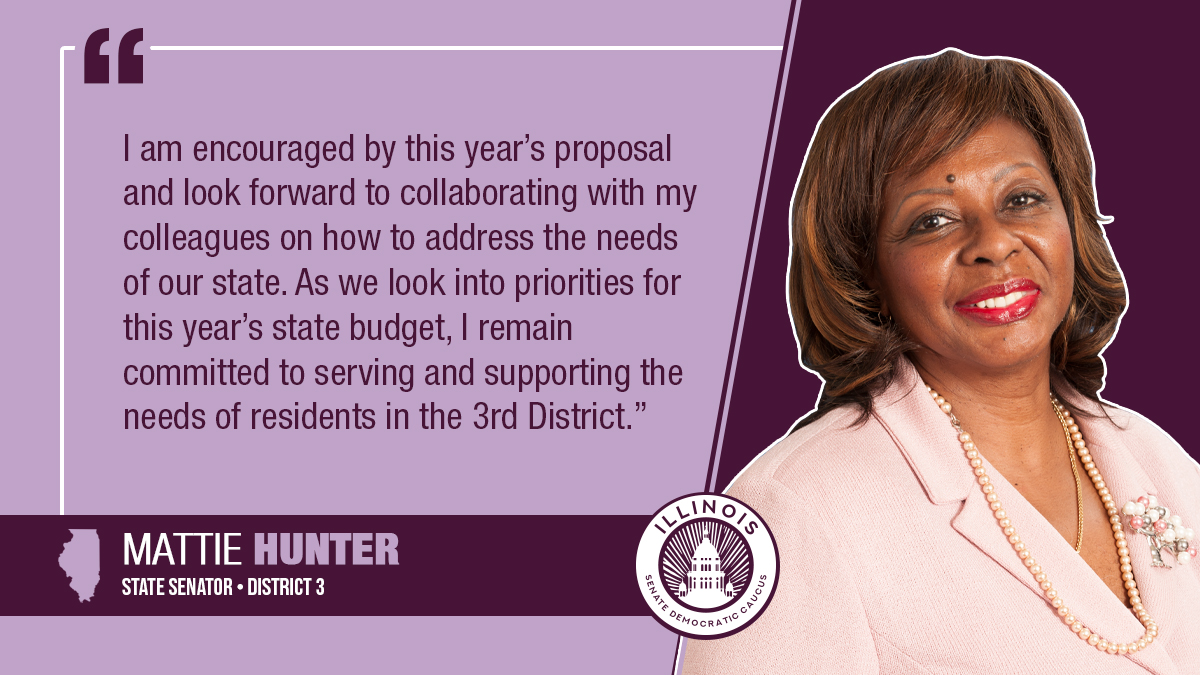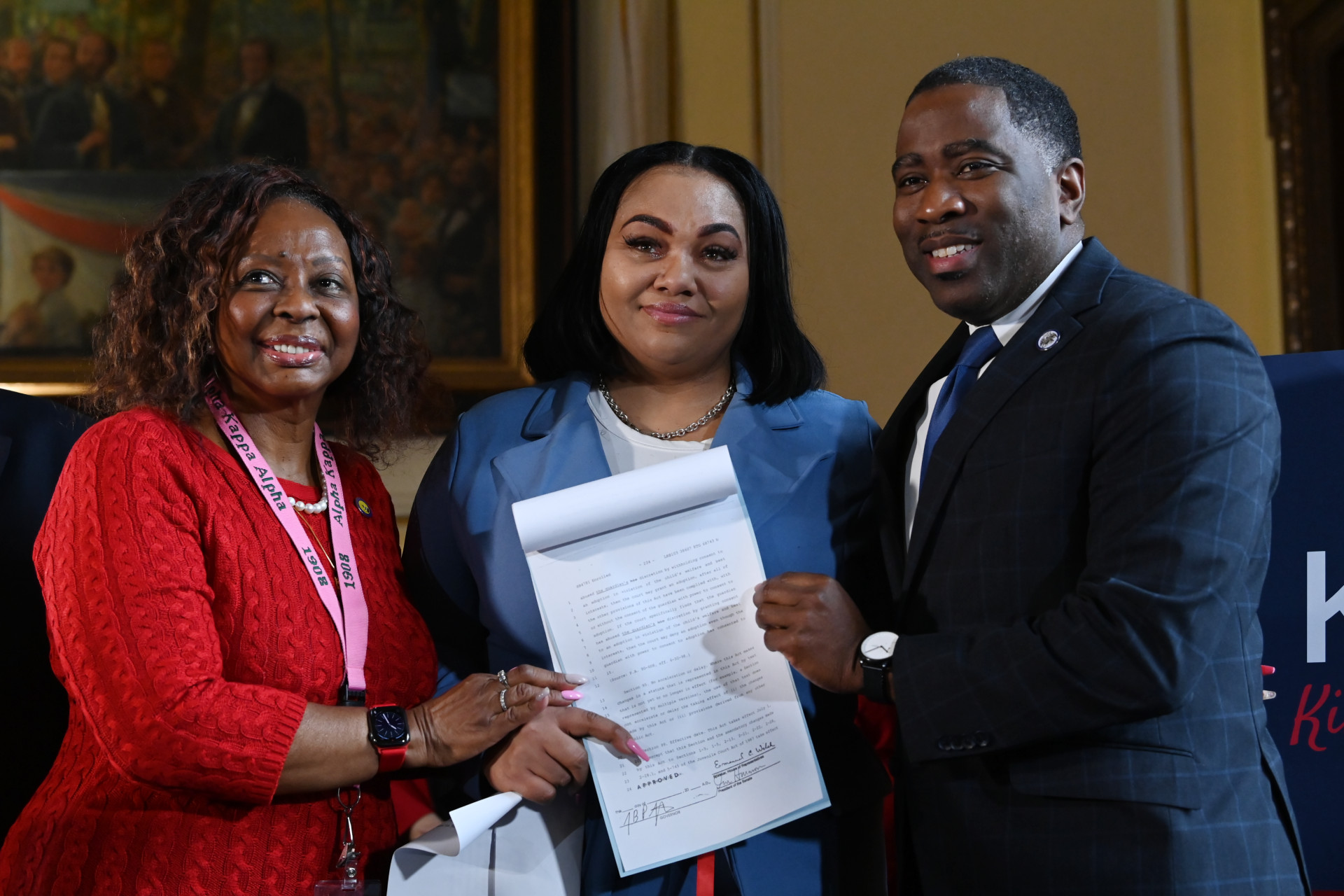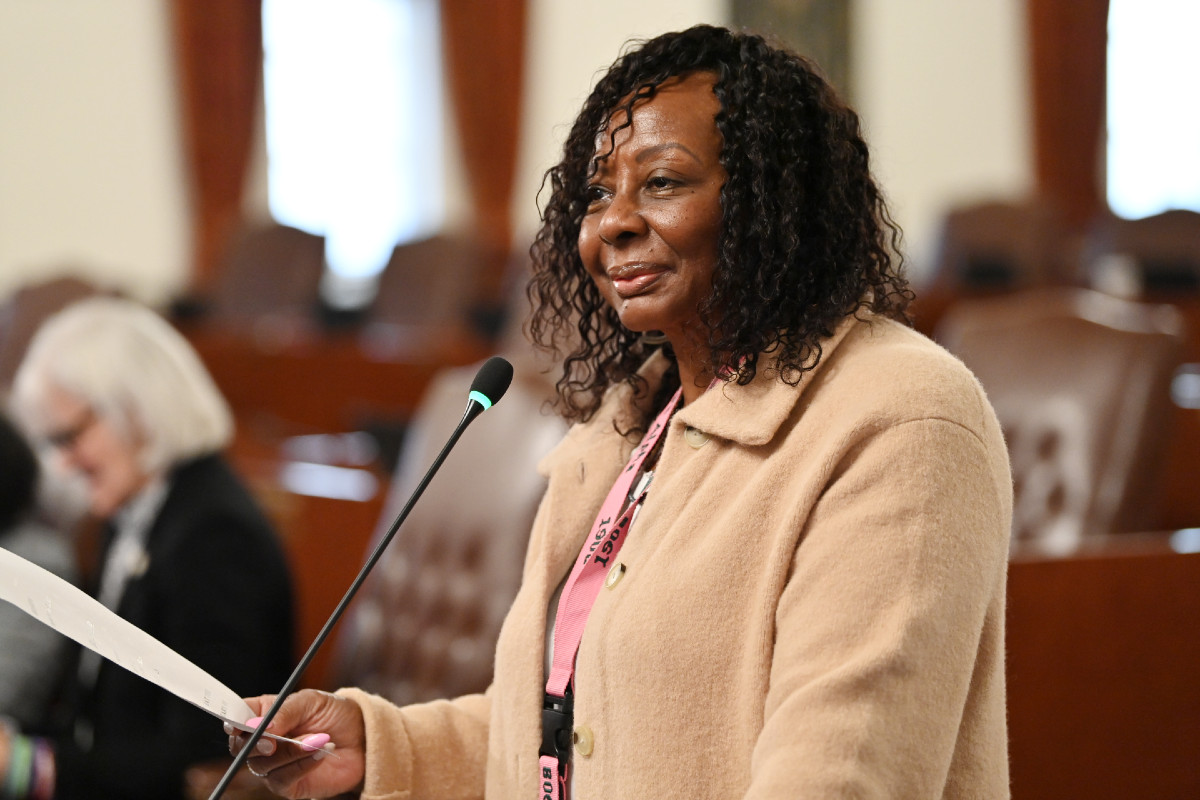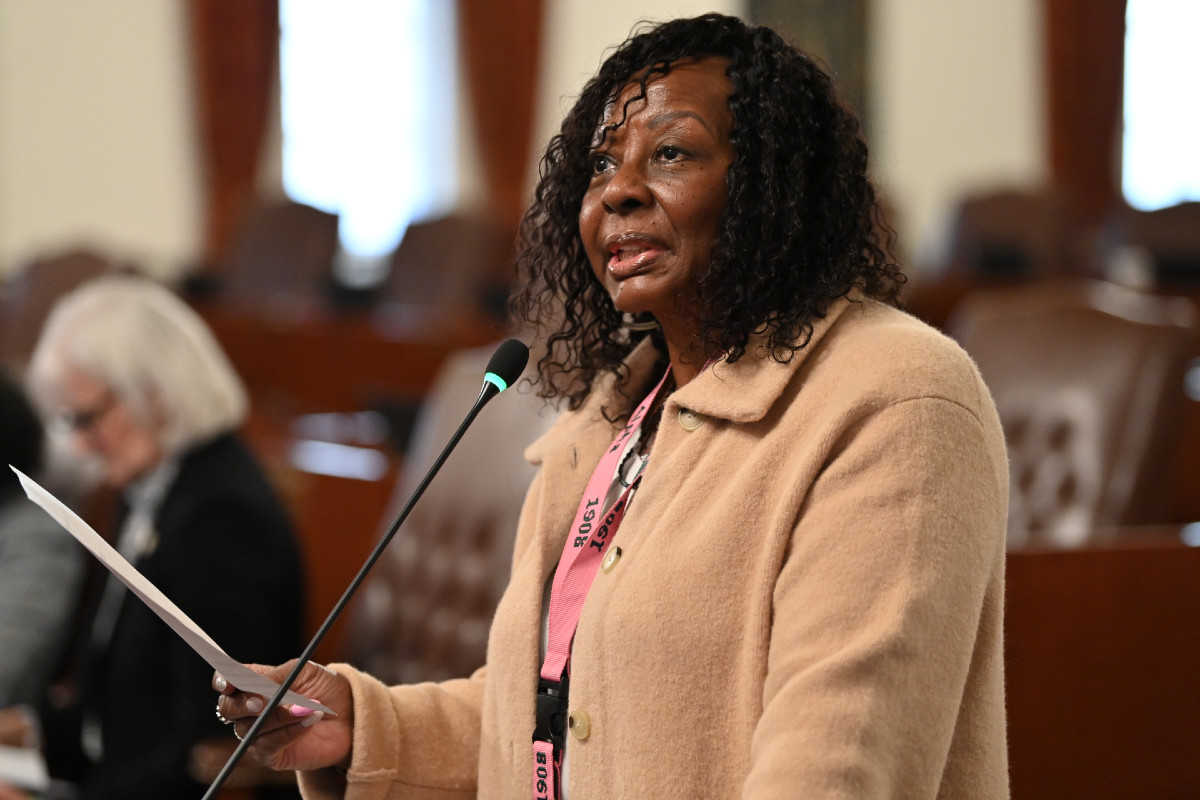- Details
- Category: Press Releases
 SPRINGFIELD — In response to Governor Pritzker’s budget address today, State Senator Mattie Hunter (D-Chicago) issued the following statement:
SPRINGFIELD — In response to Governor Pritzker’s budget address today, State Senator Mattie Hunter (D-Chicago) issued the following statement:
“As we ramp up negotiations for the upcoming state budget, it is important to remember that our community continually seeks help in securing affordable and equitable housing, quality education and health care in their own backyard. This year’s budget proposal outlines continued investments into health care access, getting our neighbors into stable living conditions and increased funding for the MAP program to help students further their education.
“I am encouraged by this year’s proposal and look forward to collaborating with my colleagues on how to address the needs of our state. As we look into priorities for this year’s state budget, I remain committed to serving and supporting the needs of residents in the 3rd District.”
- Details
- Category: Press Releases

SPRINGFIELD — Illinois families will soon have greater support in caring for children involved in the foster care system, thanks to a new law led by State Senator Mattie Hunter.
“Maintaining connections to families and traditions is critical for youth in care,” said Hunter (D-Chicago). “When family members step up to care for a child, they shouldn’t have to navigate complex processes to access available support or resources.”
- Details
- Category: Press Releases
 CHICAGO — State Senator Mattie Hunter joined the Illinois Capital Development Board and the Illinois Department of Healthcare and Family Services in announcing $200 million in funding to improve health outcomes in the state, including $22 million for a youth and community space in Bronzeville.
CHICAGO — State Senator Mattie Hunter joined the Illinois Capital Development Board and the Illinois Department of Healthcare and Family Services in announcing $200 million in funding to improve health outcomes in the state, including $22 million for a youth and community space in Bronzeville.
“This investment will strengthen access to health care services and expand resources for youth and families within the 3rd District,” said Hunter (D-Chicago). “Insight Chicago is one of our state’s safety net hospitals, and this project will further enhance the ways it meets the needs of our area.”
- Details
- Category: Press Releases
 SPRINGFIELD — State Senator Mattie Hunter’s legislation focused on improving the lives of children in state care by providing enhanced support to relative caregivers and reducing barriers to permanency passed the Senate on Thursday.
SPRINGFIELD — State Senator Mattie Hunter’s legislation focused on improving the lives of children in state care by providing enhanced support to relative caregivers and reducing barriers to permanency passed the Senate on Thursday.
“Current licensing procedures create unnecessary roadblocks to financial assistance for relatives serving as caregivers,” said Hunter (D-Chicago). “Research shows children are better off when they can maintain connections to their families and traditions. We need to provide these families with the support they need to make this possible.”
House Bill 4781 — also known as the Kinship in Demand (KIND) Act — aims to reinforce family connections and improve outcomes for children in foster care. The bill would strengthen family engagement by requiring the Illinois Department of Children and Family Services to notify relatives within 30 days of a child’s entry into care.
More Articles …
Page 6 of 126

